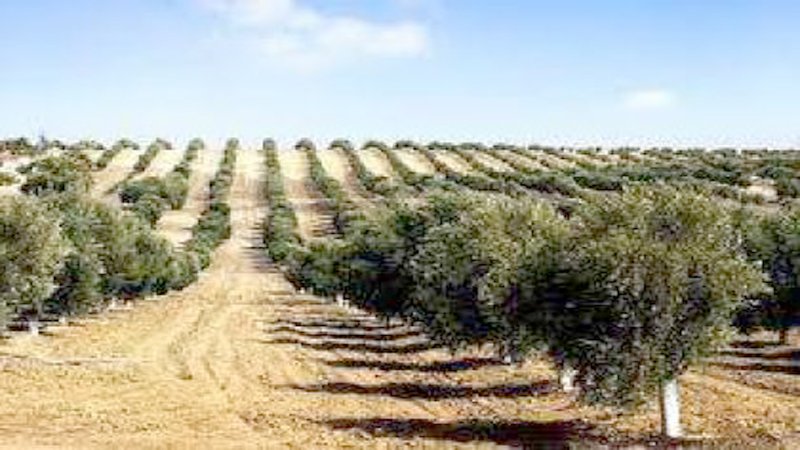“King Grass,” a Chinese invention, is becoming a superfood for animals with important benefits for Gwadar’s cash crops and land fertility.

“King Grass,” a Chinese invention, is becoming a superfood for animals with important benefits for Gwadar’s cash crops and land fertility. Local businesses are motivated to seek the help of Chinese Juncao technology to grow King Grass in order to increase their business profitability after its successful expansion throughout the length and breadth of the Free Zone area of Gwadar Port.
It was grown and used to raise livestock in a cattle farm that was established in Gwadar Port more than two years ago, in accordance with the pilot project. 80 percent of the money made over the course of the period was used to feed all types of goats.
According to a Free Zone official, animals did not only gain weight but also remained healthy and free from fatal diseases. He claimed that goats devour King Grass with zeal because of its lush green colour, palatability, fragrance, inherent qualities, and quality, according to CEN.
Many of the nutritional requirements for cattle are met by this grass. It contains a good amount of protein, fibre, and energy. According to him, it can replace pricey feeds in the ration and lower feeding costs while maintaining good nutrition.
The president of the Pakistan Farmer Association, Mian Mansha Syed, claims that a particular breed of grass that was found by Chinese scientists can be used as a reasonably priced and environmentally responsible substitute for wood.
The planting of Juncao, or King grass, has so far taken place in more than 500 counties throughout China. He claimed that the grass significantly decreased farming costs and stopped the nation from removing 20 million cubic metres of trees annually.
Due to its arid climate, land degradation, saline or alkaline soil, and various other ecological challenges, the Gwadar region served as a litmus test for King grass.
With the aid of specialists from Chinese universities and the Chinese Embassy, the Gwadar Port Operator (COPHC) started a project. On 5 acres of land in Gwadar Port, King Grass was planted in the early stages of 2020. Results eventually demonstrated that it is both commercially and practically viable. According to official documents, it yields 120,000 per acre.
According to a COPHC official, seeds were given to farmers and businesses in the Dasht neighbourhood near the Milini dam as well as Karachi in order to spread them to other areas of Balochistan and Sindh. The activity produced fantastic results, and farmer companies are eager to expand it further to take advantage of King Grass’ benefits, he continued.
The director of the Pak-Green NGO, Muhammad Fakhar, stated that the Gwadar Port King Grass Initiative is a strong example of Chinese public goods initiatives that seek to empower people to end poverty, improve their standard of living, and increase afforestation.
He claimed that King Grass had made significant progress against poverty in China. On their cattle farms, thousands of people raised King Grass and used its stock to raise their animals. He added that, compared to other crops, Chinese farmers’ income increased with the least amount of hassle due to its low cost of growth and longer than 20 year survival.